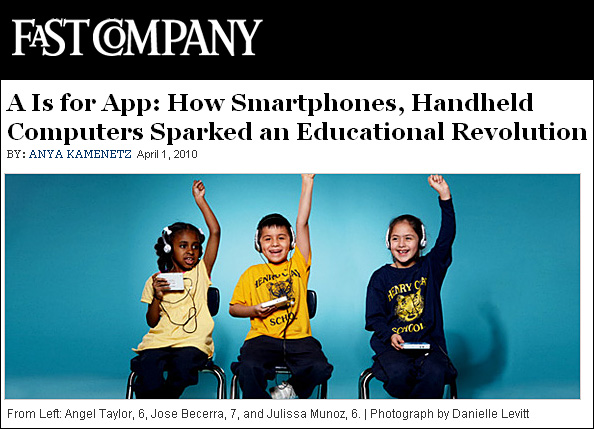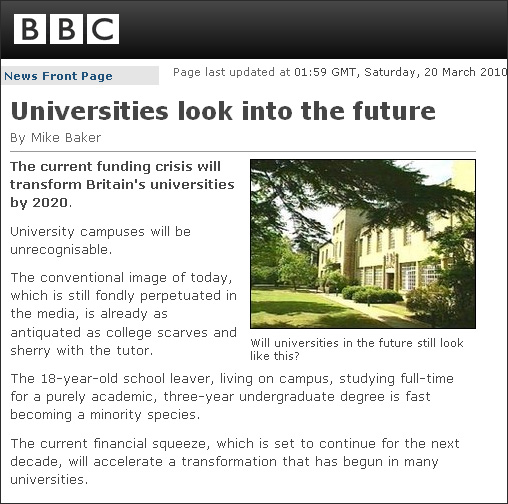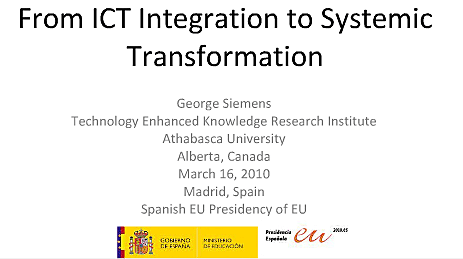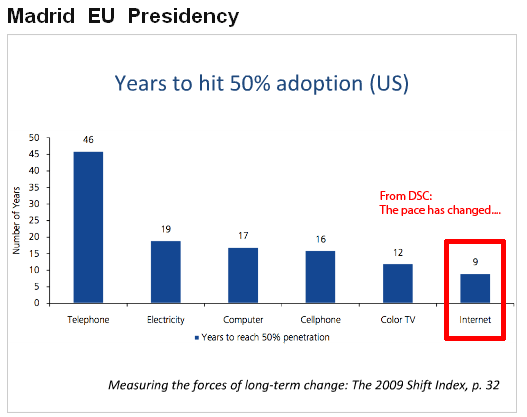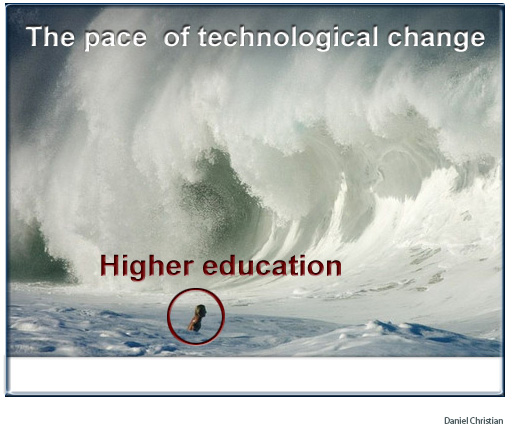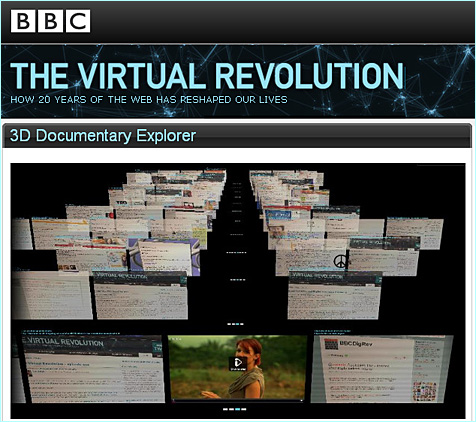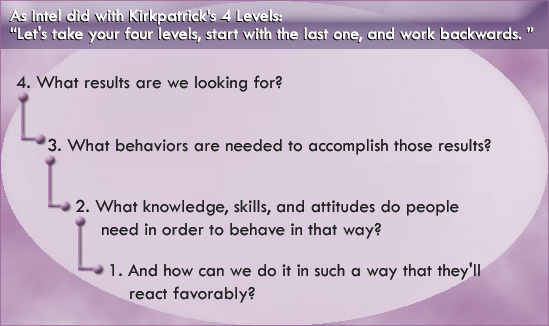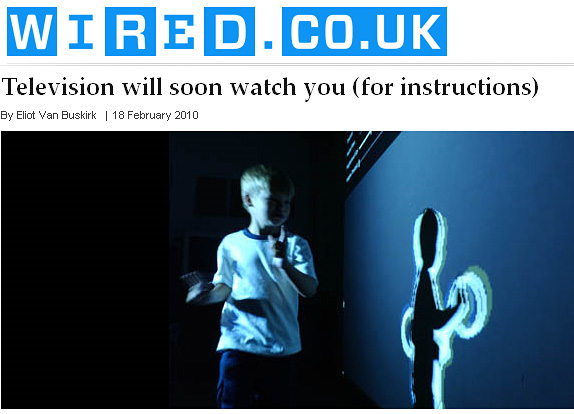Mass protests planned for education on March 8th – Erin Vogel, Chicago Flame
Hundreds of professors from the University of Illinois have planned a common furlough day for March 8th in the hopes of educating the public about their problems. They have created a website, uicjointfurlough.wordpress.com, to raise awareness of their cause. They also have a Twitter, a Facebook, and a letter that students can send to their state representatives to request support for UIC.
Parents, students on edge over soaring tuition – Donna Gordon Blankinship, Associated Press
As students around the country anxiously wait for college acceptance letters, their parents are sweating the looming tuition bills at public universities. Florida college students could face yearly 15 percent tuition increases for years, and University of Illinois students will pay at least 9 percent more. The University of Washington will charge 14 percent more at its flagship campus. And in California, tuition increases of more than 30 percent have sparked protests reminiscent of the 1960s.
Dartmouth College Announces Layoffs, Tuition Increase – WMUR New Hampshire (added 2-14-10)
More than 70 people will be laid off at Dartmouth College as the school tries to close a $100 million budget hole over the next two years. The first 38 cuts will begin Tuesday, with a similar number of cuts in the spring. The teaching faculty will not be affected, and 60 percent of the cuts will be managerial positions. The rest are union and nonunion hourly workers.
Postdoctoral researchers at UMass unionize – Tracy Jan, Boston Globe
Nearly 300 postdoctoral researchers at University of Massachusetts campuses in Amherst, Boston, and Dartmouth joined the United Auto Workers union, becoming the first post-doc researchers in the state to unionize. The move triggers a process that will require the university system to negotiate over wages, health insurance, job security, and other workplace issues.
Leader warns of more layoffs at UT-Austin – Jeannie Kever, Houston Chronicle
The president of the University of Texas at Austin warned on Thursday that more layoffs are coming at the flagship campus. Bill Powers, joined by the presidents of other UT System schools, briefed regents as they met in Dallas on cost-cutting efforts now under way. “If we’re going to shed recurring costs, it will mean shedding salaries,” he said.
Brown University considers slashing budget – Associated Press
Brown University President Ruth Simmons says the school is considering $30 million in budget cuts for the next fiscal year in response to financial pressures caused in part by an endowment that has shrunk by $740 million. Simmons said in a letter to faculty, staff and students Tuesday that the cuts could include staff reductions through layoffs, attrition or early retirement.
Yale announces new wave of budget cuts – Noah S. Rayman and Elyssa A. L. Spitzer, Harvard Crimson
Yale President Richard C. Levin announced Wednesday a new round of sweeping budget cuts as part of the university’s ongoing efforts to close a $150 million budget deficit. In a letter to the community, Levin called for salary freezes for top administrators and a 2 percent cap on salary increases for faculty and staff. The Graduate School of Arts and Sciences will take a 10 to 15 percent reduction in the number of accepted students, and funding for research and undergraduate study abroad programs will also be affected.
ISU eliminates estimated 108 positions – Sue Loughlin, The Tribune-Star
Indiana State University’s budget reduction plan calls for the elimination of an estimated 108 positions, including 78 hourly and 30 salaried. The university began informing those affected on Wednesday, and some were still being told Friday. “Tears have been shed. There is anxiety and stress — everything you can imagine that would go along with something like this,” said Roxanne Torrence, chairwoman of the Support Staff Council. “My thoughts are with everyone affected.”









